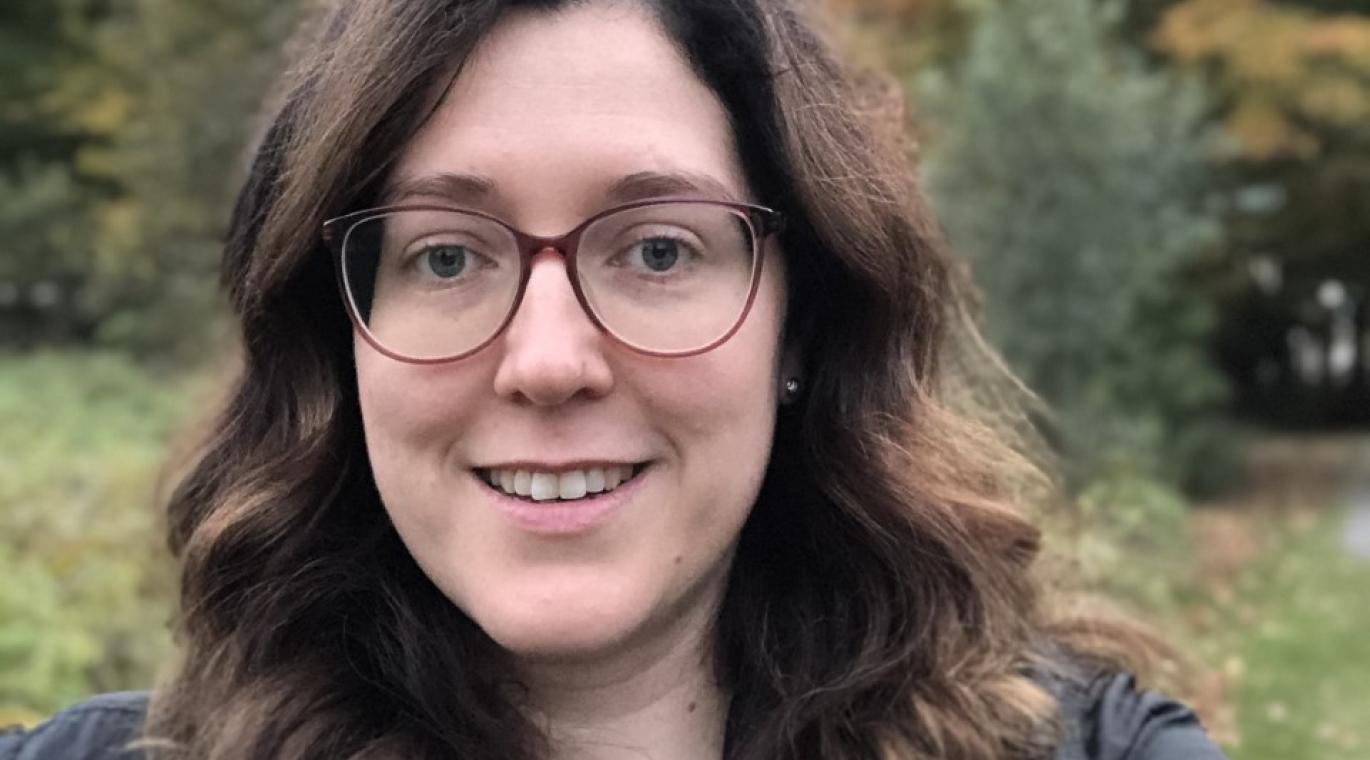
Dr. Hailey Hobbs is an assistant professor in the Department of Critical Care Medicine, the Quality Lead for Critical Care Medicine and the Point-of-Care-Ultrasound (POCUS) Fellowship Program Director at Queen’s. POCUS is the application of ultrasound at the point of care to make immediate care decisions for the patients. Dr. Hobbs’ main focus for teaching is POCUS as she completed a one-year fellowship at Western University after her critical care training and has testamur status with the National Board of Echocardiography in Advanced Critical Care Echocardiography. “I teach nationally for courses such as Canadian Resuscitative Ultrasound Course (CRUS) and have also taught for the CHEST ultrasound program in the United States,” she explains. “I spend the majority of my academic time here at Queen’s teaching POCUS both as a part of the Queen’s interdisciplinary POCUS Fellowship as well as to ICU fellows as part of a POCUS rotation. I love ultrasound and am always happy to look at scans and geek out about POCUS!”
The POCUS Fellowship that Dr. Hobbs has helped to develop at Queen’s is unique, she explains, as it is the first true multidisciplinary POCUS fellowship in Canada. “Fellows who train with us get to learn the full breadth of POCUS from attendings in Anesthesiology, Emergency Medicine and Critical Care Medicine. The POCUS Fellowship program is also fortunate to have faculty from the community, the Department of Medicine and expert advisors from several other clinical Departments. I think this is an excellent example of how collaboration between Departments can result in incredible initiatives and opportunities here at Queen’s,” she says.
Dr. Hobbs also has a special interest in quality improvement. “I love the idea of helping to improve things at a system level and I am fascinated by industrial improvement processes and how they might apply to Critical Care Medicine. I have completed the Master of Science in Healthcare Quality program offered here at Queen’s and I sit on several of Kingston Health Sciences Centre’s quality committees. I also teach some quality improvement at the Medical School.”
For Dr. Hobbs, she says the ICU is often a lot more calm and controlled than people picture it. "Yes, there are incredibly busy resuscitations (which is the best part!) but often with our experienced staff, they are run smoothly and are extraordinarily coordinated,” she says.
Her hope for the future is a vision of health and safety for all healthcare workers in the ICU. She says, "I hope that the increased awareness of critical illness during the pandemic will shine a light on ICU survivorship and that the general public and the healthcare system will recognize and support initiatives to help study and improve treatments for diseases like acute respiratory distress syndrome (ARDS) and sepsis, and also to support these patients' post-ICU lives in the community.”
One thing Dr. Hobbs wants people to know is the intensivists at Queen’s are all approachable. “We are always willing to help or discuss a case – if you need us, please just call!”
